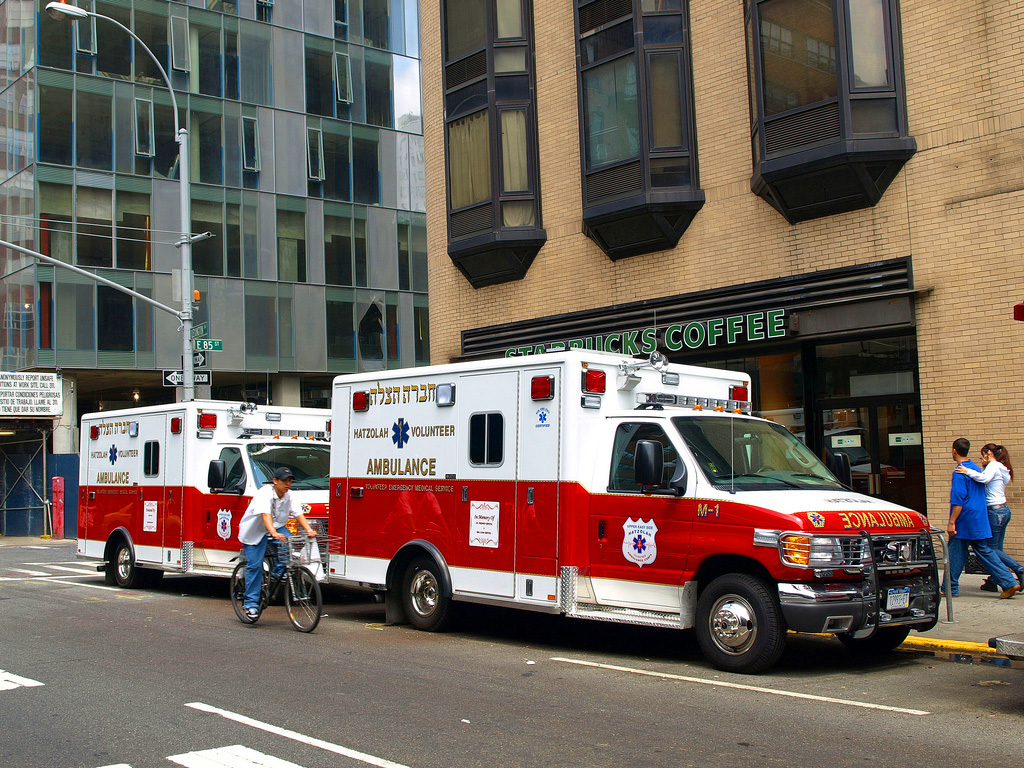A Moral Dilemma for the Shabbos Table
By Rabbi Yitzi Weiner
This week’s Torah portion discusses the mitzva not to leave something dangerous in your home (Devarim 22:8). There is a related mitzva discussed in this week’s Parshas to put a railing around an accessible roof, so that no one can fall off (ibid). Rabeinu Yona taught a related mitzva that every city should have skilled volunteers to help people in danger (Sefer Chareidim 29-24). This is the origin of the concept of having a Hatzala, a volunteer EMT group to quickly respond to people in danger.
The following question was raised by a member of Hatzala on his way to save someone.
Ari was a Hatzalah member in New York City who was rushing to his car to respond to a call. A middle aged man was having strong chest pains. The symptoms were emblematic of a heart attack, but in was not certain. Ari had responded to many false alarms that seemed like a heart attack. As Ari was running down the block, his wallet, which was filled with his license, credit cards and more than $2000 in cash, fell out of his pocket. When Ari reached the car he realized that his wallet fell out. Ari panicked for a moment but then he saw his wallet on the ground down the block.
Running back to pick up his wallet and running back to his car would take not more than one minute, but it would add at least a minute to Ari’s response. Ari knew that in situations as these, every minute counts.
Ari had a quick internal moral dilemma about whether he was allowed to run down the block to pick up his wallet. Would turning around to get his wallet be wasting precious time that is risking another’s life?
On one hand a life is at stake and a life is worth much more than money. Perhaps it would be forbidden for him to pick up the wallet.
On the other hand, it was a lot of money. If he left it there it is likely that he would never get the wallet again. It was also possible that the call was a false alarm. It was also possible that one minute would not make that much of a difference.
According to Jewish law does Ari have a right to return to pick up his wallet?
See Chashukei Chemed Baba Basra page 269
Answer to last week’s moral dilemma
This story is discussed in Chashukei Chemed Baba Basra page 223
If the school built it on his property willingly, they have an obligation to dismantle the building on his property. If they dd it unwillingly then the opinion of the Mabi”t is that they can just pay the market value of the land they used. This is because of a rabbinical principle called Takanas Hashavim, to make it easier for people to do teshuva, make restitution. However the Rama holds there there is no Takanas Hashavim on stealing land and they would have to dismantle the area even if it was done unwillingly.
Have a very beautiful Shabbos!
Click HERE if you would like to receive this question series as an email each week.

